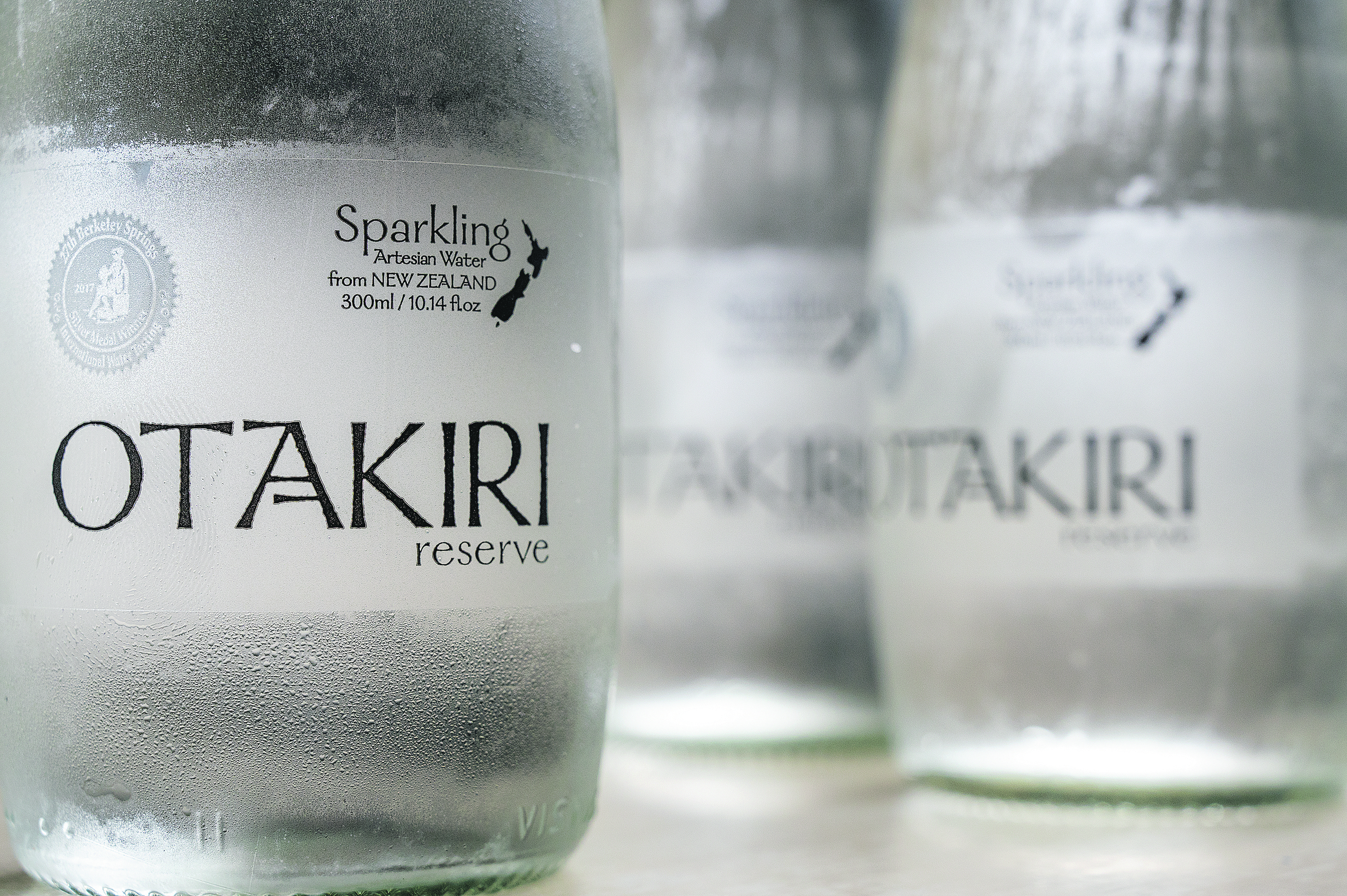Ōtakiri water appeals dismissed

Brianna Stewart
Appeals against the 300-fold expansion of water bottling operation Ōtākiri Springs have been dismissed by New Zealand’s top court.
The Supreme Court decision released this week has given closure to the shareholders, who now have the green light to develop the rural property currently occupied by a kiwifruit orchard and existing water plant.

Ōtākiri Springs managing director Jim Robertson, pictured, said they were very happy with the decision.
“The issue, I think, is that it’s taken so long. It was seven years of putting your life on hold – but in saying that, we’re very grateful for the decision.
“I know it has been tough for the appellants, just like it has been for us, but it’s good that there has been closure.”
Not wishing to jump the gun, Mr Robertson said the shareholders had not made any decisions yet on what was next for Ōtākiri Springs, but they would be looking to the future now the decision had been secured.
“I think it’s important that what we’ve said is that we will develop this property, and that’s the direction in which we will be heading.”
Expansion talks and resource consent applications arose out of the company’s 2016 conditional sale agreement with Creswell NZ, a subsidiary of Chinese water bottling giant Nongfu.
Whakatāne District Council and Bay of Plenty Regional Council granted consents for an expanded bottling plant to be built and operated, and for an increased volume of water to be drawn from the Ōtākiri aquifer.
The proposed expansion would see Ōtākiri Springs able to bottle up to 580 million litres of water each year, compared to its existing capacity of 1.9 million litres per annum.
Te Rūnanga o Ngāti Awa and Sustainable Ōtākiri opposed the consents, appealing to the Environment Court, High Court, Court of Appeal and eventually the Supreme Court.
While the three-two majority decision by the Supreme Court is good news for Ōtākiri Springs, it has been met with disappointment by appellant iwi and community groups.
Te Rūnanga o Ngāti Awa raised issues around the consideration of tikanga evidence regarding te mauri o te wai (the mauri of the water) and whether the Environment Court should have directly considered tikanga provisions of part 2 of the Resource Management Act.
Chief executive Reuben Araroa said the rūnanga was disappointed by the outcome and would take time to consider the judgment’s implications.
“Although this marks the end of the legal journey, our duty as kaitiaki will always continue today and with our future generations.
“We remain steadfast in upholding te mana me te mauri o te wai and the wellbeing of our land, water and people across our rohe.”
Sustainable Ōtākiri argued that potential environmental effects of plastic waste disposal were directly related to increased operations at the plant and should have been considered in the resource consent decision.
They also submitted that the proposed development was misclassified under the Whakatāne District Plan when consents were applied for.
Sustainable Ōtākiri chairperson Maureen O’Kane said the society was looking at the silver lining from the judgement.
“While we have not won this case, our legal team’s arguments have resulted in a decision that has laid the foundation for fighting plastic pollution – through the assessment of future consent applications and via district and regional plans. We think this decision is a game-changer.”
It was the Supreme Court’s view that plastics disposal issues being relevant on a “fact and degree” basis would not create an impossible burden for consent authorities nor that it would change the consenting process, as submitted by the councils.

“It may mean however that, in the absence of national controls, district and regional councils should, within their respective spheres, consider developing relevant objectives, policies and rules (as the case may be) to operate alongside district waste minimisation plans as required under the Waste Minimisation Act,” the decision said.
Ms O’Kane said Sustainable Ōtākiri called on all councils to ensure that production, use, and disposal of plastics was addressed by their plans, as plans were reviewed, and considered as part of resource consenting processes where relevant.
Sustainable Ōtākiri shared on social media that with no more avenues for appeal, the society will be disestablished.
n Continued: Page 2